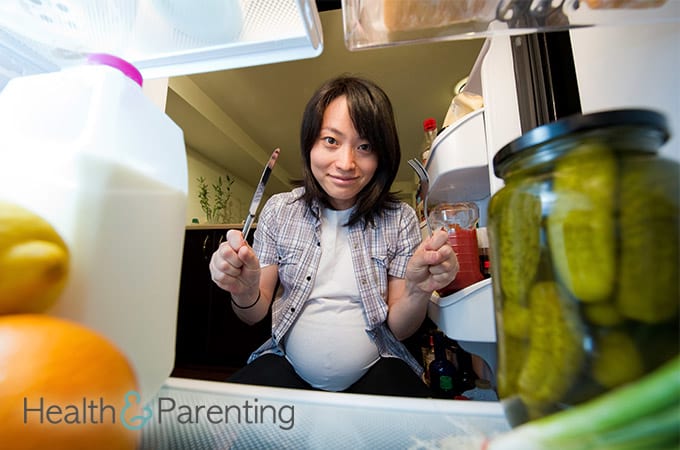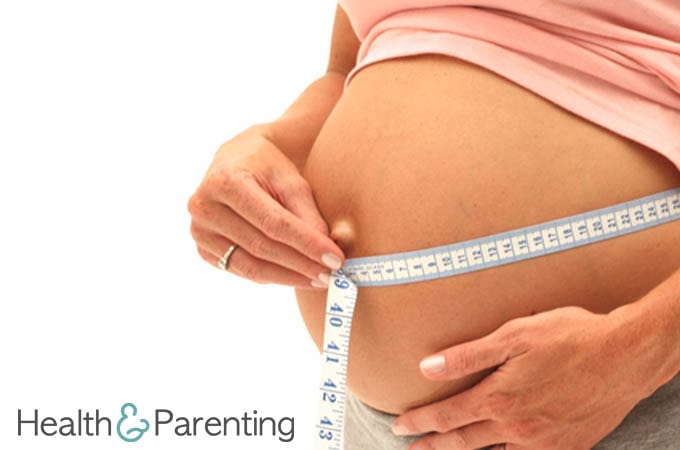Being pregnant definitely adds to the excitement (and the stress) of the holiday. For one thing, you will surely be the belle of the ball at all family events and holiday parties as everyone will be eager to share in your joy. They will ask questions, rub your belly, share their pregnancy stories, ask about baby names and your future plans and, of course, will be willing and happy to pamper you. You may even find people try to force feed you extra treats under the adage of ‘you are eating for two,” which can make maintaining your baby weight gain even more difficult. Or your friends and family may hire you as the designated driver for cocktail parties and events.
There are some tips and tricks for surviving the holidays with your sanity in check. And, remember that you are pregnant, so it’s very important that you take time to relax and get plenty of rest. Just think, next year at this time, you will have a baby to share with friends and loved ones.
1. Don’t overschedule yourself. A lunch party, an after work holiday get together with co-workers, and then trying to fit in some last minute shopping is too much in one day. If you need to say no because you are tired, people should understand. Listen to your body, and try to keep avoidable stress – both emotionally and physically – at a minimum.
2. If you aren’t finding out the gender and don’t want to share your selected baby names, then be prepared with a polite, yet concise way to tell people exactly that. Those questions will be the two most common questions you will receive, and some folks may be offended that you don’t want to share this information with them. Just tell them you are waiting to be surprised with the rest of the world, and leave it at there.
3. The holidays are notorious for overeating, and pregnant woman are no exception. Go ahead and indulge in some of your holiday favorites (sans the alcohol of course), but remember to put nutrition at the forefront of your food choices. If you do overindulge in some cake, cookies or candy, don’t fret about it. Enjoy the season.
4. If you are close to your due date, or aren’t up for traveling, then host get togethers at your house and enlist the help of others to organize the event. Explain to ‘Dear Aunt Sally’ that you aren’t quite up for making the annual trek for the holidays. Plus, this is the last holiday that you and your partner will have together alone. Enjoy this time. Pretty soon you will be starting new holiday traditions with your own little family. Family and friends may be a little tiffed at first, but they will certainly get over it.
5. Don’t feel pressured to spend money on extravagant gifts. Remember, you will have lots of things to buy for your baby, and most people will understand. Diapers, doctors visits, medications and medical bills can really add up and you need to be as fiscally responsible as possible – holidays or not! Consider making handmade gifts.
While you may be feeling a little tired, and not quite up to all the holiday hustle and bustle, try to enjoy yourself the best you can. Take time out for yourself, and pay attention to how you feel. Above all, don’t worry – you’ll make it through.
Written By Stef, Mom of 4 @Momspirational
This information is not intended to replace the advice of a trained medical doctor. Health & Parenting Ltd disclaims any liability for the decisions you make based on this information, which is provided to you on a general information basis only and not as a substitute for personalized medical advice. All contents copyright © Health & Parenting Ltd 2017. All rights reserved.





















